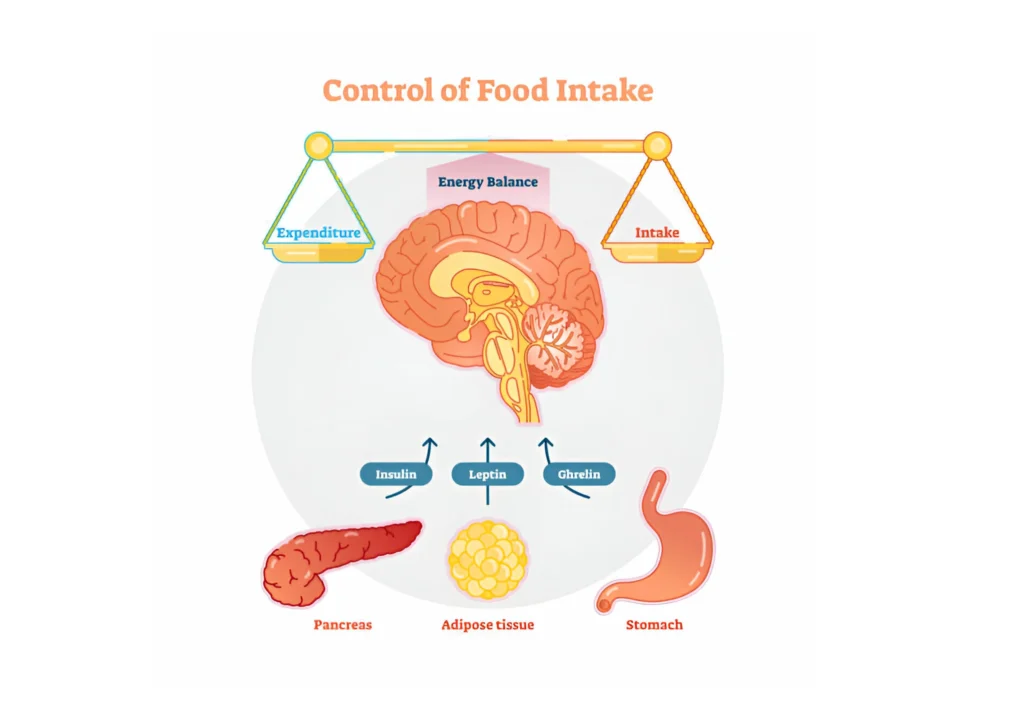Weight loss is often a complex and challenging journey, with many people turning to quick fixes that fail to deliver lasting results. GLP-1 agonists, including medications like GLP-1, have emerged as transformative options in weight management. These treatments provide a scientific, sustainable approach to weight loss by addressing underlying physiological factors rather than offering temporary solutions. This article explores how GLP-1 agonists work and why they represent a groundbreaking advancement in achieving long-term weight management goals.
The Science Behind GLP-1 Agonists

GLP-1 agonists, or glucagon-like peptide-1 receptor agonists, mimic the action of the natural GLP-1 hormone in the body. This hormone plays a vital role in regulating appetite, satiety, and blood sugar levels. By activating GLP-1 receptors, these medications slow gastric emptying, reduce hunger, and enhance feelings of fullness after meals. Additionally, GLP-1 agonists improve insulin sensitivity, helping the body regulate glucose levels more effectively and reducing fat storage.
Mechanisms of Action
The efficacy of GLP-1 agonists lies in their multifaceted mechanisms of action. They not only help control calorie intake by suppressing appetite but also promote metabolic health by stabilizing blood sugar levels. This dual action makes them uniquely effective for individuals struggling with both obesity and related conditions like type 2 diabetes.
Differentiating GLP-1 Agonists
While all GLP-1 agonists share similar mechanisms, GLP-1 stand out due to their enhanced potency and longer duration of action. GLP-1, for instance, is a dual agonist that targets both GLP-1 and GIP (glucose-dependent insulinotropic polypeptide) receptors, amplifying its weight loss effects. These innovations make these medications particularly effective for sustainable weight loss.
How GLP-1 Agonists Support Long-Term Weight Management

Unlike fad diets or extreme calorie restriction, GLP-1 agonists work by addressing the root causes of weight gain. By reducing hunger and promoting a sense of fullness, they help individuals adhere to a healthier eating pattern without feeling deprived. Additionally, their impact on metabolic processes ensures that weight loss is gradual and sustainable, minimizing the likelihood of rebound weight gain.
Improved Appetite Control
Hunger is one of the primary barriers to maintaining a healthy weight. GLP-1 agonists effectively suppress hunger signals, making it easier to resist overeating or consuming calorie-dense foods. This improved appetite control helps individuals develop a healthier relationship with food, which is essential for long-term weight maintenance.
Regulation of Metabolic Processes
Beyond appetite regulation, GLP-1 agonists enhance the body’s metabolic efficiency. By improving insulin sensitivity and promoting the breakdown of fat stores, these medications facilitate steady, sustainable weight loss while supporting overall metabolic health.
Comparing GLP-1 Agonists to Short-Term Weight Loss Strategies

The most significant advantage of GLP-1 agonists over short-term weight loss methods is their focus on long-term health. Quick fixes like crash diets often result in rapid weight loss followed by equally rapid weight regain. In contrast, GLP-1 agonists promote a gradual reduction in weight, allowing the body to adjust and maintain the progress achieved.
Addressing the Root Causes of Weight Gain
GLP-1 agonists target the biological factors driving obesity, such as hormonal imbalances and insulin resistance. This approach ensures that weight loss is not just cosmetic but also improves overall health, reducing risks associated with obesity-related conditions like heart disease and diabetes.
Clinical Evidence Supporting GLP-1 Agonists
The effectiveness of GLP-1 agonists is well-documented in numerous clinical trials. Studies have shown that these medications can lead to significant weight loss, often exceeding 15% of total body weight in some cases. Such results demonstrate their superiority over traditional weight loss methods and their potential to transform obesity treatment.
Results from Key Clinical Trials
For example, the STEP trials evaluating GLP-1 showed remarkable outcomes, with participants achieving substantial weight reduction over 68 weeks. Similarly, GLP-1 trials highlighted its dual agonist mechanism as a breakthrough for weight management, delivering even more pronounced results.
Integrating GLP-1 Agonists into a Holistic Weight Loss Plan

While GLP-1 agonists are highly effective on their own, their benefits are maximized when combined with lifestyle modifications. A balanced diet, regular exercise, and behavior therapy complement these treatments, creating a comprehensive approach to sustainable weight management.
Importance of Lifestyle Changes
Diet and exercise remain fundamental to any weight loss journey. GLP-1 agonists make these changes more manageable by reducing hunger and enhancing energy levels, enabling individuals to adopt healthier habits with greater ease.
Benefits Beyond Weight Loss
GLP-1 agonists offer more than just weight reduction. Their impact on metabolic health extends to improved blood sugar control, reduced cardiovascular risk, and enhanced quality of life. Many patients report increased energy, better mobility, and improved self-esteem, underscoring the transformative potential of these treatments.

